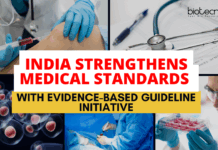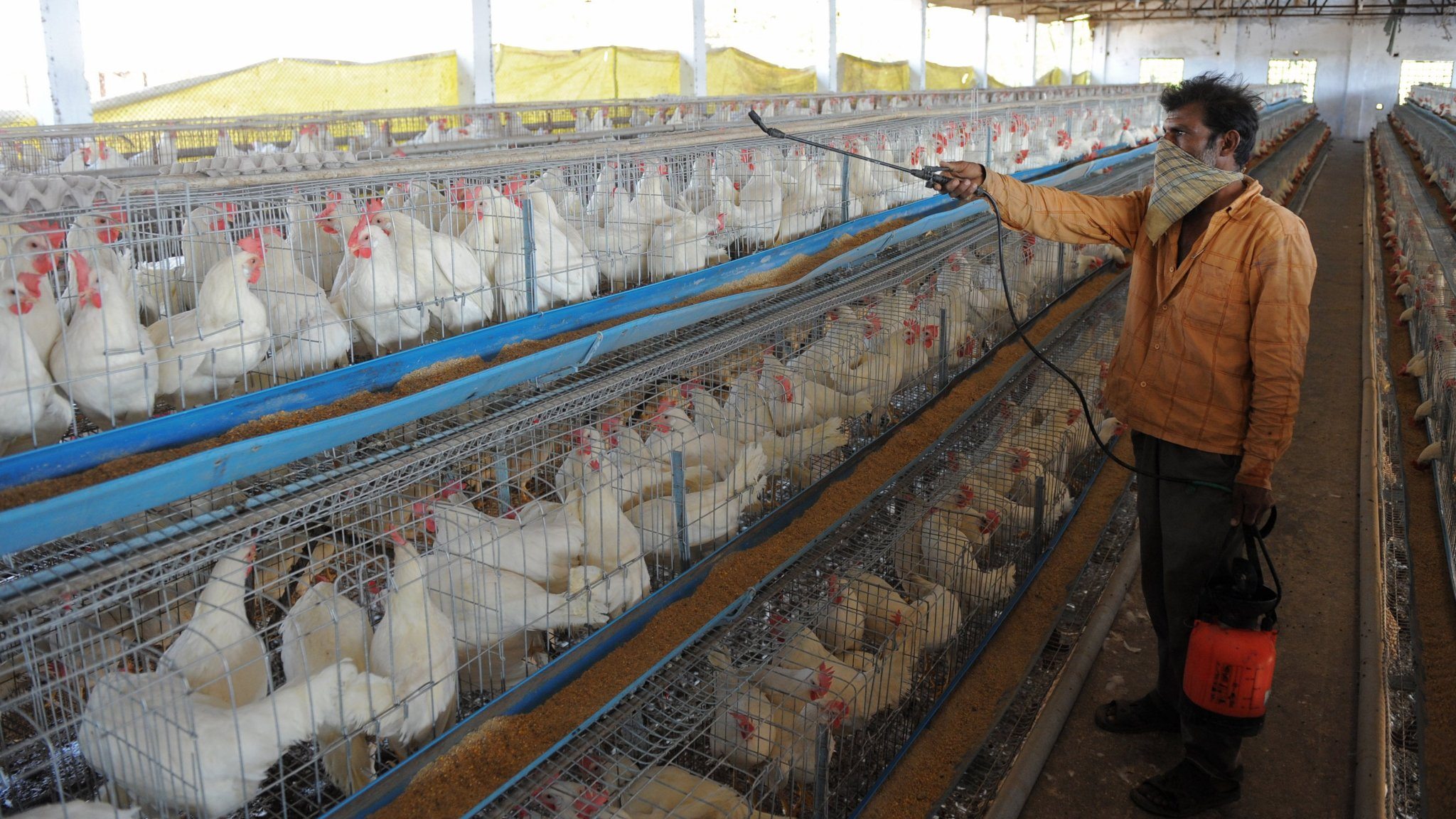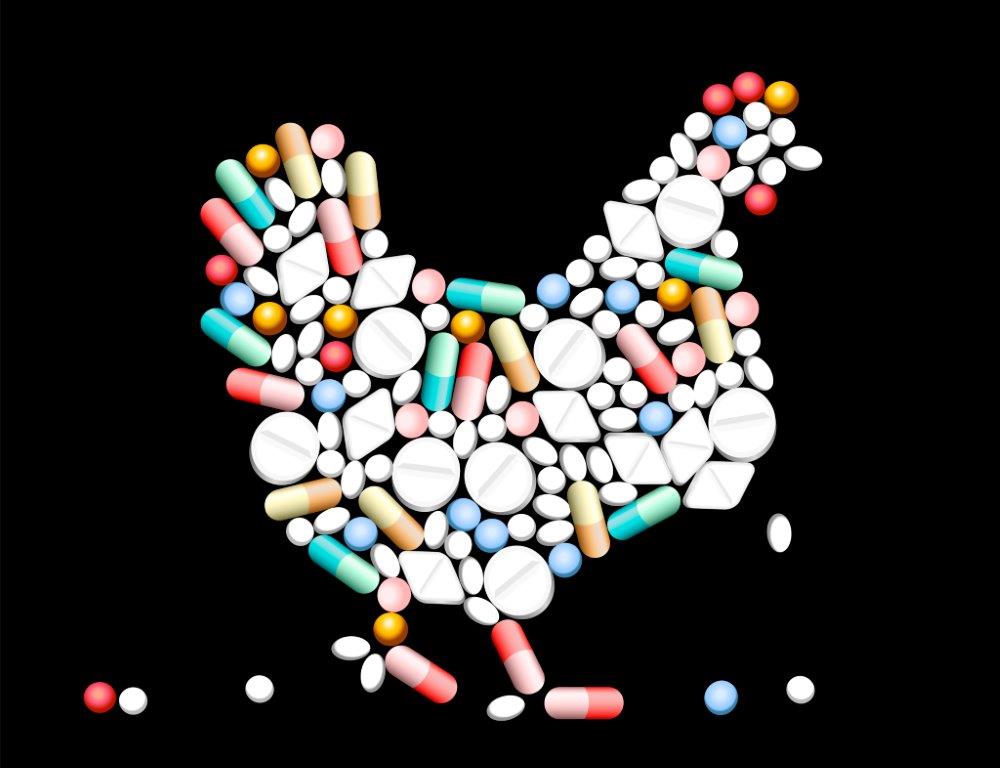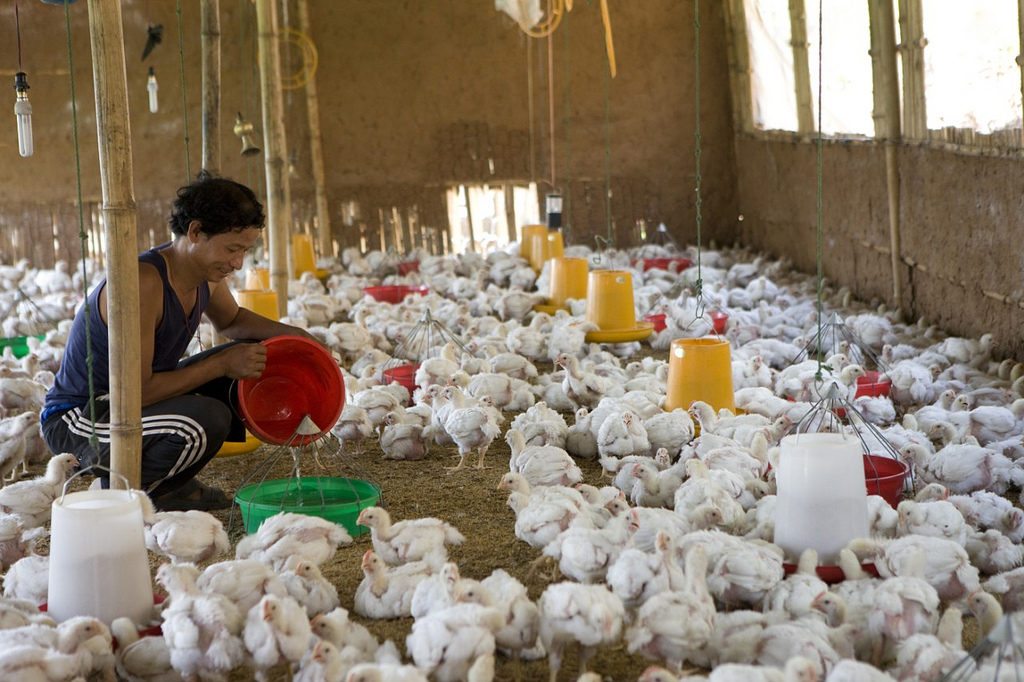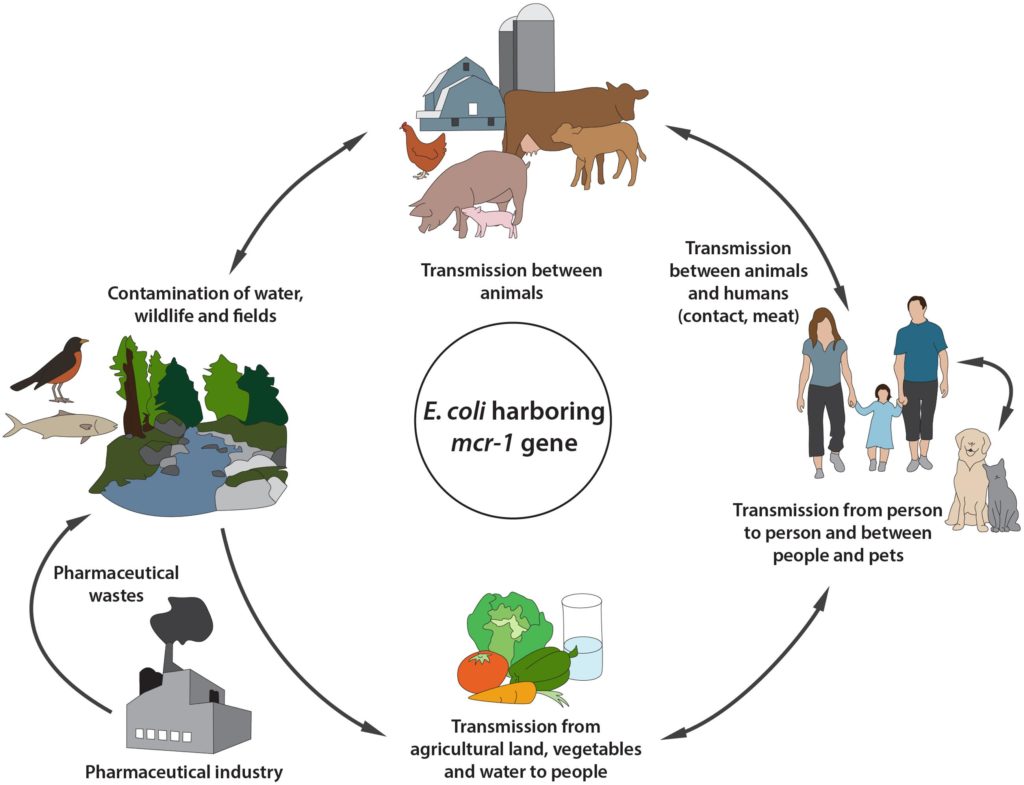Indian Farms Dosing Chickens with “Last Resort Antibiotic” is Fostering Global Superbugs
In 1941, penicillin was first used to save human life. But now, bacteria has emerged resistant to every known antibiotic, and scientists have begun to fear that the era of the wonder drugs is near to its end.
And now in addition to this growing problem for which we can, frighteningly, do literally nothing about, we have been presented with a new report that has found evidence of considerable use of the antibiotic colistin, in Indian poultry farms so as to promote growth and feed efficiently.
For those who are ignorant enough to not understand the gravity of this situation- Colistin is considered the antibiotic of last resort for use against Enterobacteriaceae, a family of bacteria that contain organisms that we interact with every day; many of which have become superbugs.
But then, in India, this weapon of last resort is being fed to birds to make them gain weight faster so more can be grown each year at greater profit. When the antibiotic should be used as a last resort to save human lives, it is instead (tons of it) is being used on chickens. And what happens
is our antibiotic of last resort will be decoded by the bacteria encountered in the animals, and then inactivated.The World Health Organisation has called for the use of such antibiotics, which it calls “critically important to human medicine”, to be restricted in animals and banned as growth promoters. Their continued use in farming increases the chance bacteria will develop resistance to them, leaving them useless when treating patients.
A report by the Bureau of Investigative Journalism found 2,800 tonnes of the drug were shipped to developing countries including India, Vietnam, Russia, Mexico, Colombia and Bolivia for use on animals in 2016.
India, which is regarded as one of the worst offenders for antibiotic misuse, received hundreds of tonnes of colistin for routine use in animals, particularly chickens.
The south Asian nation is expected to see the highest growth in drug use in animals of any country over the next decade, with estimates suggesting as much as 4,800 tonnes of antibiotics will be used in feed by 2030 – an 80 per cent increase on current levels.
Although, the World Health Organisation calls this drug “critically important to human medicine”, it also restricts its use in animals and bans it as a growth promoter. In India itself, there are at least five pharmaceutical companies that openly advertise products with Colistin as growth promoter.
One of these companies, Venky’s, is also a major poultry producer. Apart from selling animal medicines and creating its own chicken meals, it also supplies meat directly and indirectly to fast food chains in India such as KFC, McDonald’s, Pizza Hut and Dominos.
The study quotes Professor Timothy Walsh, an adviser to the UN on antimicrobial resistance, who says, “Colistin should only be used on very sick patients. Under any other circumstances it should be thought of and treated as an environmental toxin. It should be labelled as such. It should not be exported all over the world to be used in chicken feed.”
Professor Walsh, who is professor of medical microbiology at Cardiff University, discovered a colistin-resistant gene in Chinese pigs in 2015. The gene, mcr-1, could be transferred within and between species of bacteria. That meant that microbes did not have to develop resistance themselves – they could become resistant just by acquiring the mcr-1 gene.
“Colistin-resistant bacteria will spread on the chicken farms, in the air surrounding them, contaminate the meat, spread to the farm workers, and through their faeces flies will spread it over large distances,” Prof Walsh further added.
Probably, a bigger issue here is- there is nothing to prevent Indian farmers, which include some of the world’s biggest food producers, from exporting their chickens and other related products overseas.
The finding is alarming given the use of such powerful drugs can lead to an increasing resistance among farm animals around the world. Colistin, being regarded one of the last lines of defence against serious diseases could lead to breakouts and diseases commonly treatable previously, becoming deadly once again in its absence.




